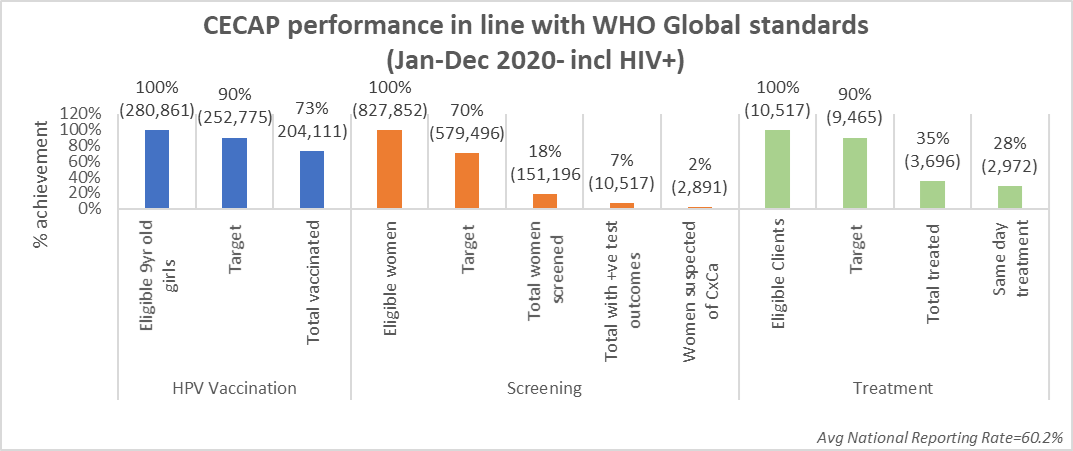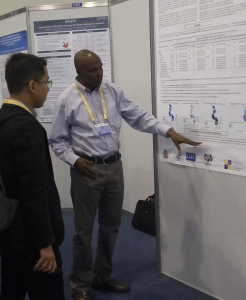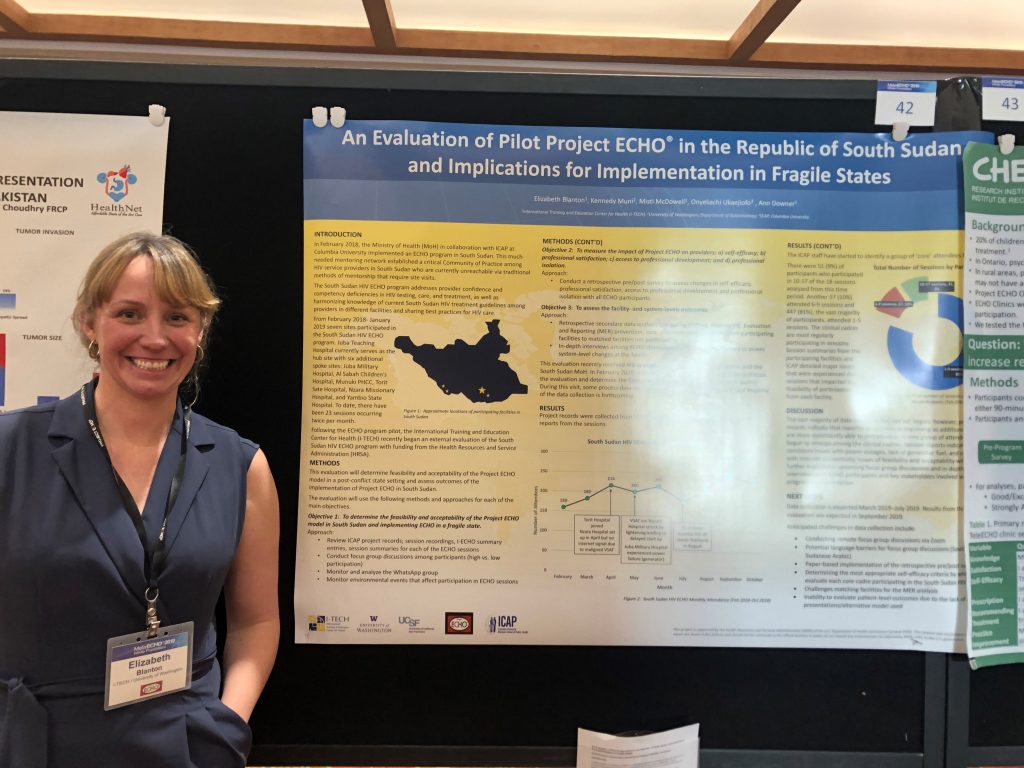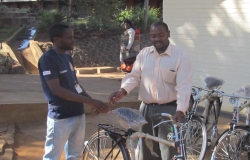Cervical cancer is the leading cause of cancer death among women in Malawi. In response, the Ministry of Health (MOH) in Malawi developed a five-year National Cervical Cancer Control Strategy for 2016-2020. The strategy outlines comprehensive interventions, including the integration of cervical cancer screening services into HIV care.
In 2019, I-TECH supported the review and update of the National Cervical Cancer Guidelines and the accompanying monitoring and evaluation (M&E) framework in partnership with the Department of Reproductive Health and the Department of HIV/AIDS in Malawi. Training materials were developed in accordance with the updated guidelines and trainings rolled out across the country. As part of their support, the I-TECH team conducted a needs assessment to establish which sites in the Southwest Zone had received equipment for cervical cancer screening and treatment services. At that time, they found only 45 health facilities that offered these services to women. Just two years later (as of June 2021), there are at least 357 health facilities (46.1% of all HIV treatment sites in Malawi) currently providing cervical cancer screening services and 211 providing treatment services. Integration with HIV/AIDS programming has resulted in the screening of 79,171 HIV positive women (52.4% of all women screened), with 4,506 (6%) obtaining a screen positive test result and 1,584 (35% of those with a screen positive result) receiving treatment in 2020.
All women and girls (inclusive of HIV positive women) reached with cervical cancer prevention, screening, and treatment services in 2020 is illustrated in the following graph:

I-TECH also led the development of a cervical cancer Client Diagnosis and Treatment Register that is used in hospitals providing cervical cancer treatment in Malawi. This register helps to provide critical data for programmatic decision making, like confirmed cases, deaths, as well as data on cancer staging and the number of women receiving treatment.
To ensure that the strategy continues to endorse current evidence-based approaches and M&E frameworks, the team convenes regular cervical cancer partner meetings to review standard operating procedures and the M&E framework, revise monitoring tools, and conduct situational analyses. I-TECH is also part of the team providing technical guidance on development of the strategic plan for 2021-2025.
In addition to contributing to national strategy updates, I-TECH is working with MOH to ensure same-day treatment or follow-up for all pre-cancerous lesions found among women screened.




